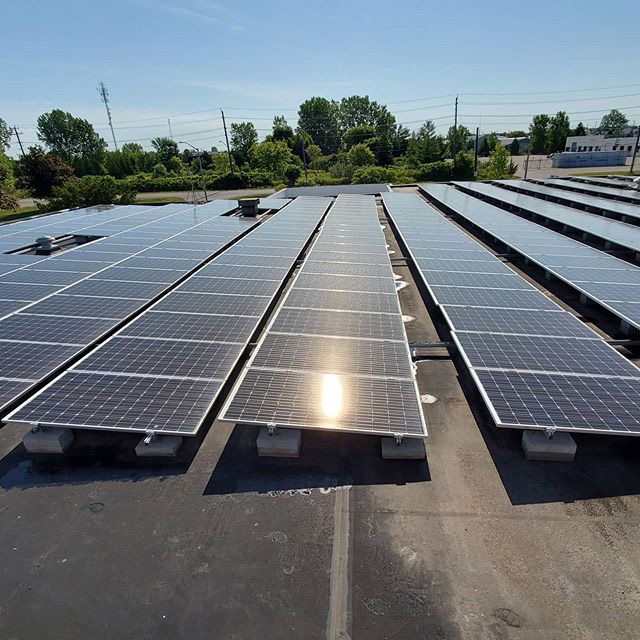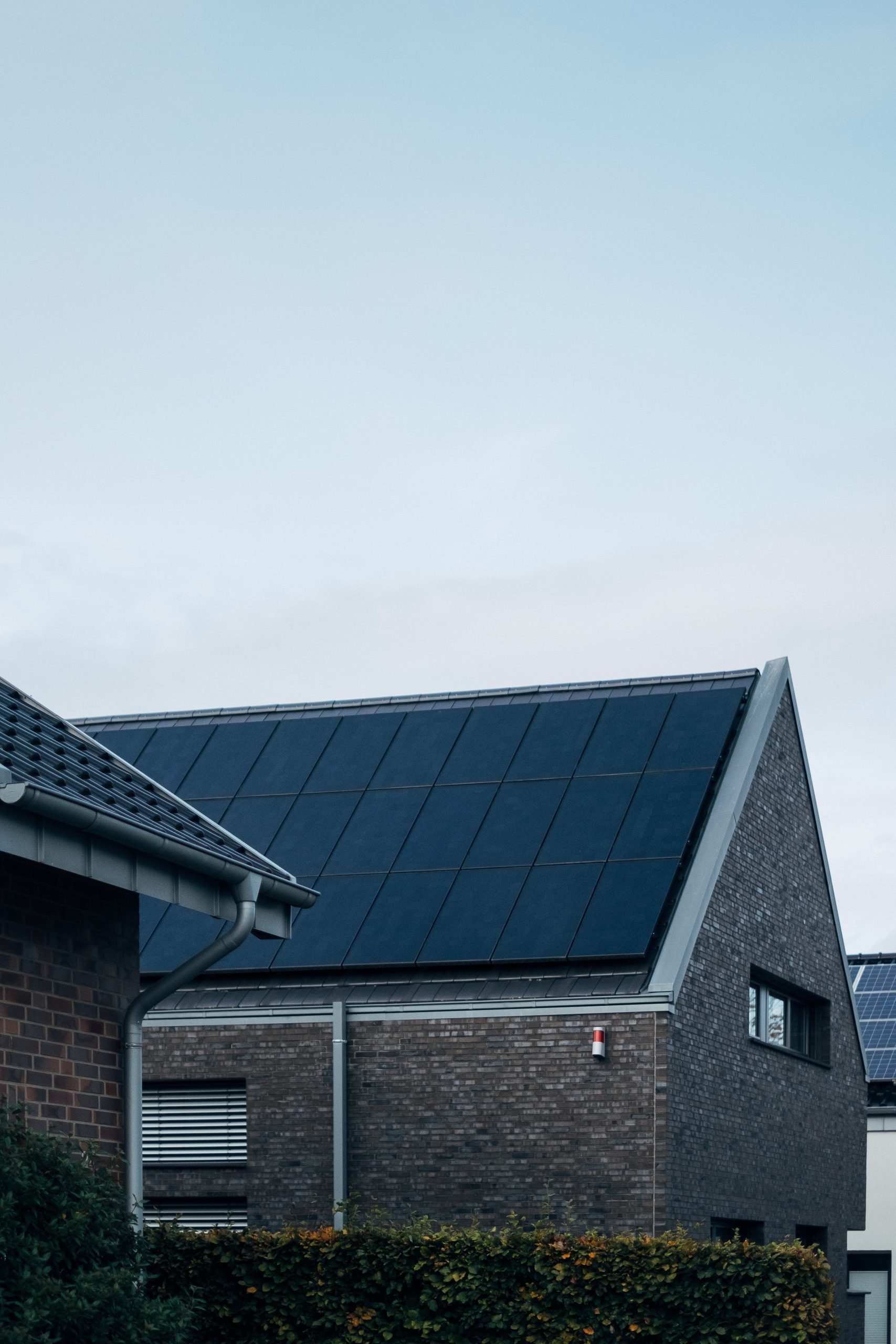How Solar Panels Can Lower Your Electricity Bills
How Solar Panels Can Lower Your Electricity Bills
Electricity bills can be a significant burden on household finances. With the increasing use of electrical appliances and devices, the amount of electricity consumed by households has been increasing. This has led to a rise in the cost of electricity bills, making them a significant expense for many families. With the increasing concern about the impact of fossil fuels on the environment, many people are looking for alternative sources of energy, such as solar panels, to reduce their electricity bills.

The Main Problems With Electricity Bills
Electricity Bills Are Pricey
The cost of electricity generated from traditional sources such as coal, natural gas, and hydro varies depending on location, with some areas paying significantly more than others in Canada. In contrast, the price of solar energy has been declining steadily for years.
According to the Canadian Solar Industries Association, the cost of solar panels has dropped by 45% since 2010, and the price of installing a typical residential solar panel system has dropped by 69% over the same period. As of 2020, the average price of electricity for residential customers in Canada was $0.165 per kilowatt-hour, according to the National Energy Board.
By comparison, the average price of residential solar power was $0.142 per kilowatt-hour, making it more expensive than grid electricity in many areas. While the initial cost of installing a solar panel system may be higher than simply paying electricity bills, the long-term savings can make it a more cost-effective option in the long run, especially in areas where the cost of electricity is high.
Electricity Bills Are Always Rising
Grid electricity rates have been rising steadily over the years. This is due to the increasing demand for electricity and the limited supply of non-renewable energy sources. As a result, the cost of generating electricity has gone up, and these costs are passed on to consumers.
With solar panels, you can generate your electricity and reduce your reliance on grid electricity. This means you won’t be affected by any future increases in grid electricity rates, giving you more control over your energy costs.
Electricity Bills Are Unpredictable
Electric bills can be unpredictable, making budgeting for them challenging. A sudden spike in energy consumption due to extreme weather conditions or unexpected events can result in a significant increase in your electricity bill. This can be a considerable financial burden, especially for households on a tight budget. Solar panels can help mitigate this issue by generating a consistent amount of energy each day, providing a more predictable source of energy for your household.
With a solar panel system, you can better plan your energy consumption and budget accordingly, reducing the likelihood of sudden spikes in your electricity bill.

Can Solar Power Reduce My Electricity Bill?
Solar panels not only lower electricity bills but also have the potential to completely replace them. A properly sized solar panel system can generate enough electricity to power a home entirely, meaning that a homeowner could completely eliminate their reliance on grid electricity and the associated bills. In some cases, homeowners with solar panels have even been able to generate enough electricity to sell back to the grid, earning them money instead of costing them.
While the initial investment in a solar panel system may be significant, the long-term savings and energy independence they offer can be well worth it. Additionally, with the ongoing development of battery storage technology, homeowners with solar panels can store excess energy generated during the day and use it at night or during periods of low sunlight, further reducing their reliance on the grid and potentially eliminating their electricity bills altogether.
Why Do Utility Companies Keep Increasing Rates?
Electricity rates are subject to various factors that can influence their fluctuation over time. One of the primary reasons why utilities hike electricity rates is to recover their costs for infrastructure maintenance, upgrades, and new constructions. The cost of building and maintaining the transmission and distribution network, power plants, and other related infrastructure is significant, and utilities may need to pass these costs on to consumers to remain financially viable.
Additionally, the cost of fuel, such as coal or natural gas, used to generate electricity can also affect electricity rates, especially if there is a shortage or increased demand.
Finally, regulatory changes and environmental regulations can also drive up the cost of electricity production and transmission, and utilities may need to pass these additional costs on to consumers. As a result, consumers can expect to see periodic hikes in electricity rates as utilities work to balance their financial needs with the need to provide reliable and affordable electricity to customers.

Need Some More Facts? Then Keep On Reading
- In 2020, the average price of electricity for residential customers in Canada was $0.165 per kilowatt-hour (kWh)
- In contrast, the average price of residential solar power was $0.142 per kWh in Canada
- The cost of solar panel systems has dropped significantly in Canada in recent years. According to the Canadian Solar Industries Association, the cost of solar panels has dropped by 45% since 2010, and the price of installing a typical residential solar panel system has dropped by 69% over the same period.
- The Canadian government provides incentives for residents to install solar panels, including a federal investment tax credit of up to 25% of the cost of solar panels and installation
- By installing solar panels, Canadian homeowners can potentially eliminate their electricity bills altogether, saving an average of $1,200 per year
- Canada has a high potential for solar energy due to its vast land area and long hours of daylight in the summer months, with some regions receiving up to 50% more sunlight than Germany, the world’s leader in solar energy installations
These statistics and facts demonstrate that solar panels can be a valuable investment for homeowners looking to reduce their electricity bills and save money over the long term. With the cost of solar panels continuing to decline and the benefits of solar energy becoming more widely recognized, it’s no surprise that more and more households are choosing to make the switch to solar.
Want to find out more? Get in touch with one of our solar experts.